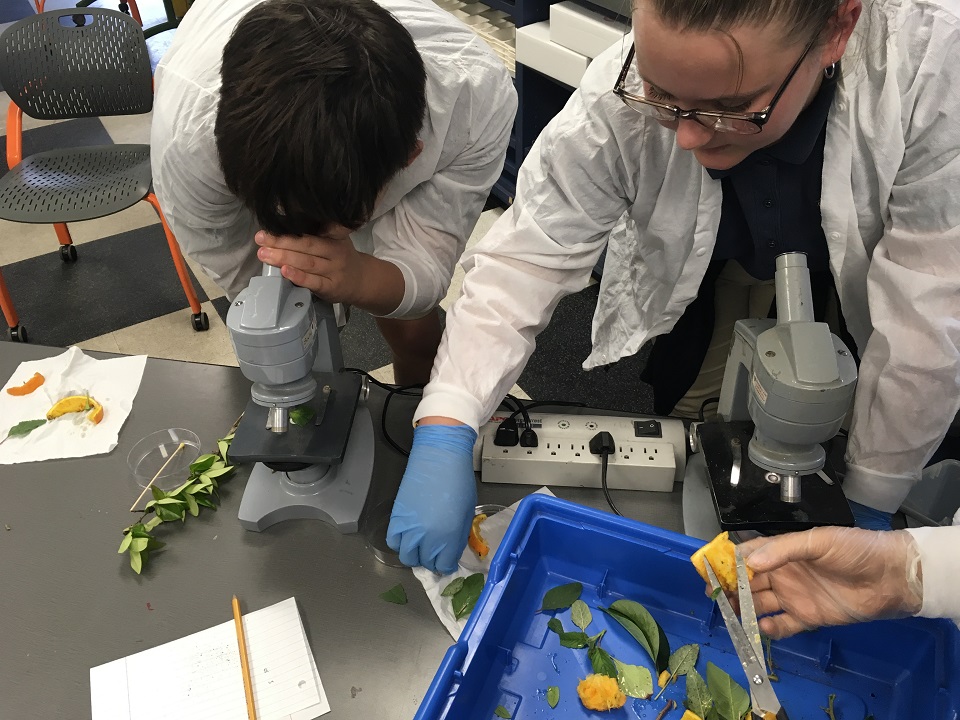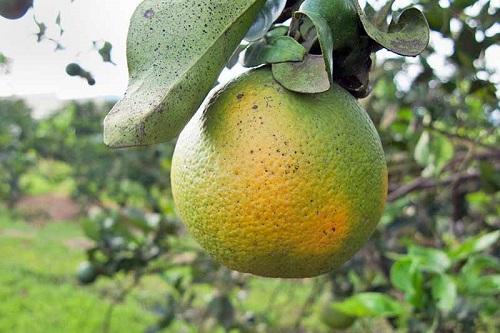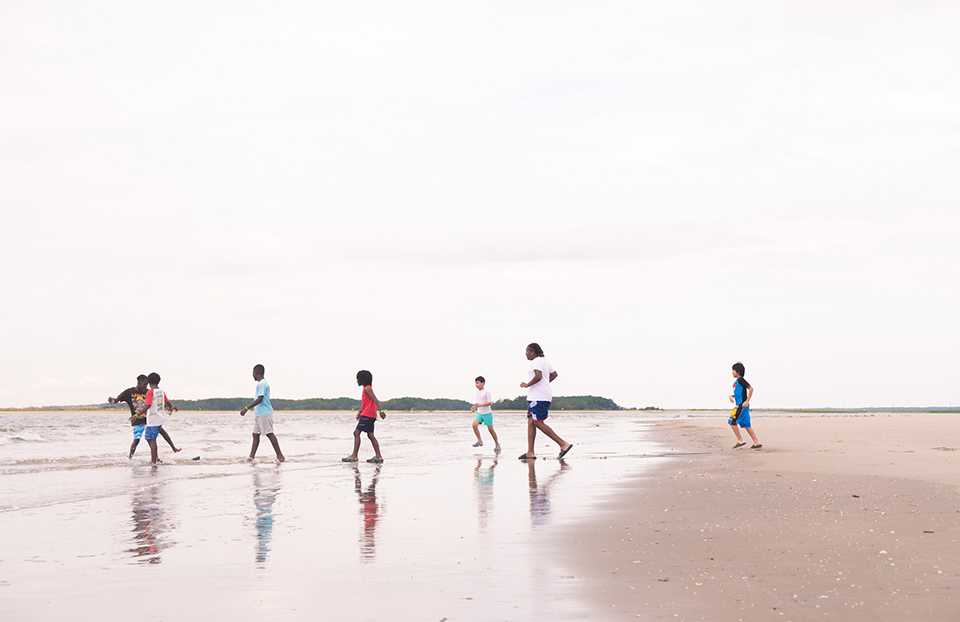STEM Outreach, STEM Research Grants
How one Florida teacher is training the citrus greening-fighters of tomorrow

Citrus greening is a disease that kills citrus trees and has devastated the Florida citrus industry. While fruit from infected trees is safe to eat, production is reduced so much that citrus fruits may cease to be inexpensive and broadly available. With a $5,000 STEM Research Grant from 2019, David Lockett, a teacher in Lake Wales, is trying to prevent that by helping his students build a multi-year, hands-on citrus greening research program.
In his 15th year as an educator, David teaches STEM, computer science and robotics to students in grades six to eight. While funding at his school is in short supply due to damages to their buildings from Hurricane Irma, David is determined to not let that be a setback. “We need to teach students that plants provide people with food, clothing, shelter and many other things that we use in our daily lives,” he stressed. “Plants may not seem like the most interesting things around, but they are definitely useful.” Combatting citrus greening is an opportunity for students to gain hands-on scientific research skills, while addressing an important problem in their community. “The STEM Research Grant sparked new interest in STEM careers, the range of STEM career paths available and how those jobs in science match up to interests they already have,” David added.
Students in David’s research program first visited a local citrus grove to see firsthand the negative impact that citrus greening has on trees. While there, they collected samples of insects, soil, root stock and oranges from infected trees. The research cohort also met with agricultural and entomology experts at the University of Florida’s Institute of Food and Agricultural Sciences in Lake Alfred. To round out their activities, David had his students meet with genomic experts. They learned more about citrus genomics and the United States Department of Agriculture’s current work on developing disease-resistant citrus trees.

With the ongoing COVID-19 pandemic, students have not been able to work and gather information in the field as they normally would. From their respective homes, they have pivoted under David’s guidance and are participating in a citizen science project that uses the GLOBE Observer app to help NASA scientists record tree height so they can study how carbon moves through ecosystems. “Students can make and share observations that advance real science, on topics that engage their curiosity,” David explained. “We are now actively promoting social, emotional, and academic learning with the intent of creating enriched research-driven classroom activities that help students develop and practice future skills.” By continuing the student’s STEM training outside of the classroom, the hope is to increase their skill sets and their interest in fighting future infectious diseases, in citrus or humans.
David’s advice for other teachers working with limited resources is also applicable to any who may be currently navigating the challenges of virtual instruction. “Don’t be too hard on yourself. Don’t expect perfection. We are starting to see creative solutions around all parts during this growing crisis,” he said. “Be prepared to have both good days and bad days with remote instruction and learn from both. We’re all on a steep learning curve right now.”


